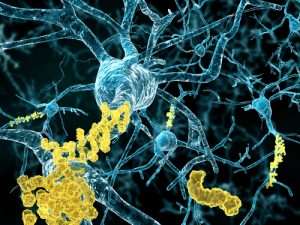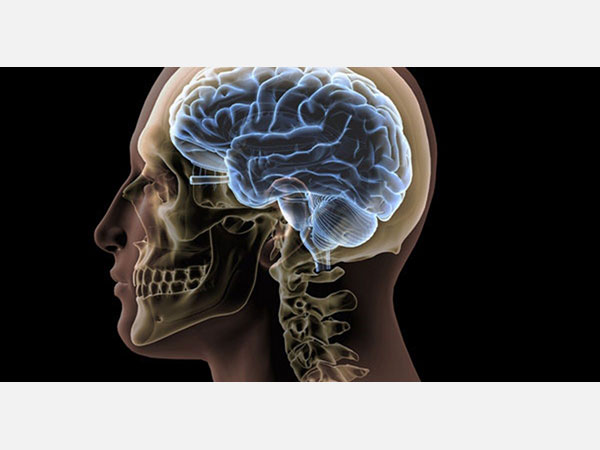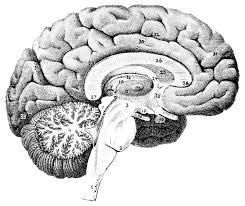
In a Ted Talk by Jocelyne Bloch, who is a neurosurgeon, she discusses how the brain can fix itself. She shares her frustration about how little self-repair abilities it has. This is why she chose to be a functional neurosurgeon.

Functional Neurosurgeon
What’s a functional neurosurgeon? It’s a doctor who’s trying to improve a neurological function through different surgical strategies. One of these strategies is well known, deep brain stimulation. That’s when there’s an electrode implanted deep into your brain so that it will make a circuit of neurons to improve a neurological function.
It has helped people with Parkinson’s disease, severe tremors, and severe pain.
Though modulation does not equal repairs. That’s the dream and goal of functional neurosurgeons everywhere, and they may be close to it.
The Brain May Be Able to Repair Itself
15 years ago, Bloch, as chief resident, and her team decided to study traumatized brains. They did this by studying bits of swollen brains. They got these samples because when the brain is traumatized, it will swell, and sometimes neurosurgeons have to remove swollen parts of the brain to save a life.
So to study them, they wanted to grow cells from these pieces of tissue. It was difficult, but they discovered that the new cells look like stem cell cultures. Stems cells are immature cells that can turn into any type of cell in the body.
The adult brain has stem cells, but they’re rare and located deep inside. So, it’s hard to get access to them.
Another thing about normal stem cells is that they are very active. They divide a lot and fast. But the stem cells grown from the swollen pieces of brain divided slowly and could even die. But, they are still important because they may be able to help repair the brain in large groups.
They had to prove this though and did a series of experiments.
The Results of These Experiments
They found that using those new cells in damaged brains helped them recover around 50% of performance before the traumatic event. It’s not perfect, but it’s a start though Bloch knows that much more research needs to be done.
If you want to learn more, you should watch Bloch’s full video.



